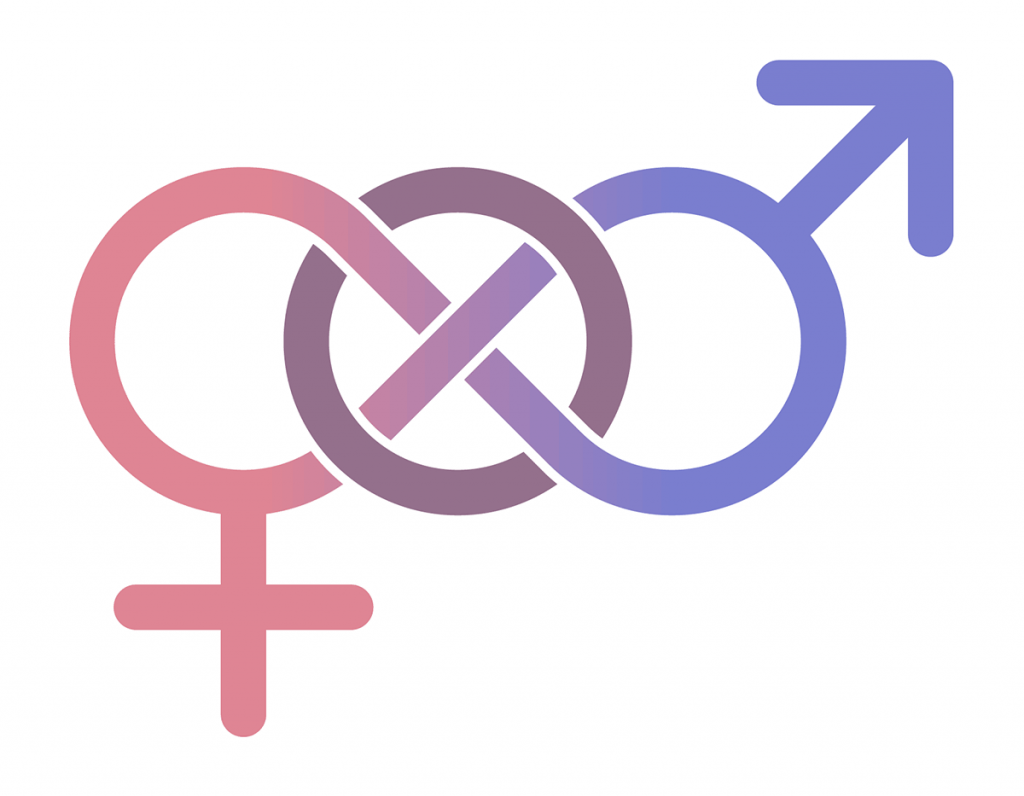Should We Still Use Sexuality as a Social Descriptor?
Should We Still Use Sexuality as a Social Descriptor?
For years, homosexuality was something that went unspoken. First it was illegal, and then, even when it was legalised, it was still taboo. For decades gay men and women have struggled to come out, and their sexuality has been seen as an aspect of their personalities that was better left unspoken. As gay rights evolved, the voice of the gay population grew stronger, louder and more self-defined, shedding the taboos and bringing sexual diversity into everyday life.
While it is still not the case in most parts of the world, in the UK in 2014, gay people finally enjoy equality with straight people in the eyes of the law. With that in mind, is it time sexuality stopped being used as a descriptor?
In early 2014, actor James Sutton responded sarcastically on Twitter when he was asked if he was “gay in real life”. Sutton, who has played a gay character in the soap opera Hollyoaks since 2006, replied, “No, and weirdly I’m not an English teacher in Chester either.” He later apologised for his sarcasm, but explained how bored he was with the question.
“I get people coming up to me in the street, and in bars, and asking if I’m gay in real life, and I think, ‘I wouldn’t ask if you were Catholic!’ It’s absolutely none of my business! I find the whole idea of [my sexuality] being a conversation point really boring. There are far more interesting conversations you can have with me than ‘Am I gay in real life?’”
Sutton’s character, John Paul McQueen, came out on the show in 2006. “It was handled really well,” Sutton recalls. “There was a lot of depth to [the storyline] and there were no clichés. It didn’t feel like anything like that had been done before on television. At the time I think it was fresh and groundbreaking.”
Eight years on, the world is a very different place. “I don’t think someone’s sexuality should even need to be discussed these days,” Sutton says. “The only way to get rid of the stigma is to stop writing about it and stop mentioning it. It facilitates the whole cycle. Of course, as long as there is homophobia, gay issues will always need to be written about it. But putting ‘openly gay’ or (gay) as a prefix to someone, is utterly unnecessary.”
Hollyoaks prides itself on ensuring that sexuality is the least interesting part of any of the show’s characters’ identities. “Back in 2006 I never saw it as a ‘gay part’. It was a teenager coming to terms with his sexuality. And today my character still isn’t defined by his sexuality. I don’t think many characters on TV are these days,” Sutton reflects, highlighting the way that soaps mirror real life. “I just think we should have moved on now, even in the last five or six years. We have openly gay sportsmen and sportswomen, and government figures. It feels like we’re past that. It feels like we’re clinging on to something quite archaic [by even mentioning it].”

Jeremy Sheffield is also a member of the Hollyoaks cast. The 48-year-old actor came out at the age of 26, but has rarely spoken about his sexuality in public. “I wish I didn’t have to bother saying anything about it, but if you don’t it’s as if you’re lying,” he says. “I’ve only ever done two interviews about my sexuality during my career, and I’d really rather not talk about it, but by not saying anything … it would be like I’m lying. I did an interview with Attitude [to make it clear that I’m gay]; my idea was to get it out there, and then people could come across it when they did their research.”
Sheffield is in a similar situation to Sutton, though he is a gay actor playing a straight role. He is also well known for playing the straight character Alex Adams in Holby City, and for starring as Debra Messing’s ex-boyfriend in The Wedding Date.
“I don’t feel anybody should have to wear their sexuality on their sleeve, but 99% of the time people make a projection onto me that I’m straight, and I feel that if I just allow them to run with that projection, then it’s sort of as if I’m lying,” Sheffield continues. “It’s a strange position to be in, because I shouldn’t have to say anything, but I often do feel like I have to get it into the conversation. It’s a shame, but that’s how it is.
“And yet obviously you have the [flipside] … someone who is straight doesn’t have to introduce himself and mention, ‘Oh, by the way, I’m straight!’ It’s a very strange thing. I don’t like it much, but the only way to express myself honestly is to actually state it.”
Sheffield’s response suggests that in order for things to properly change, society needs to stop jumping to the conclusion that everybody is straight.

